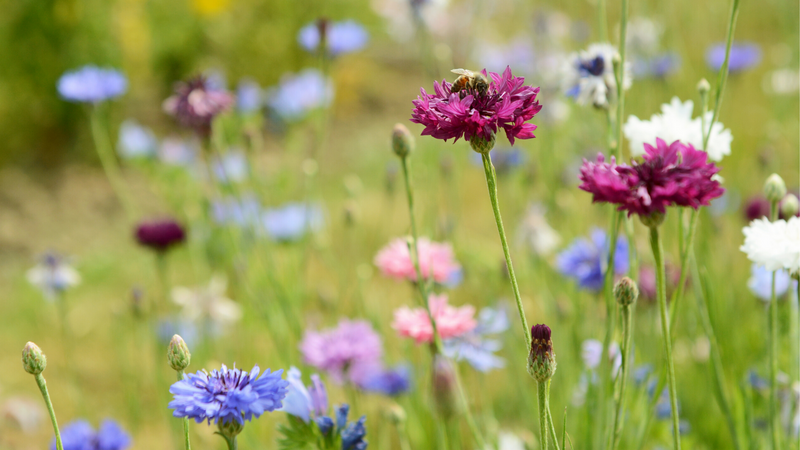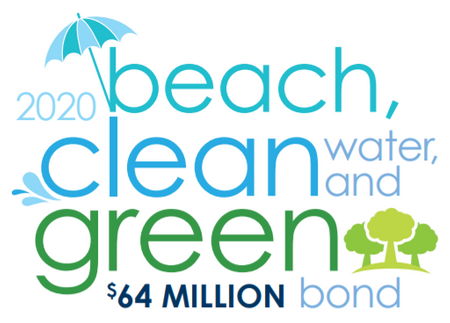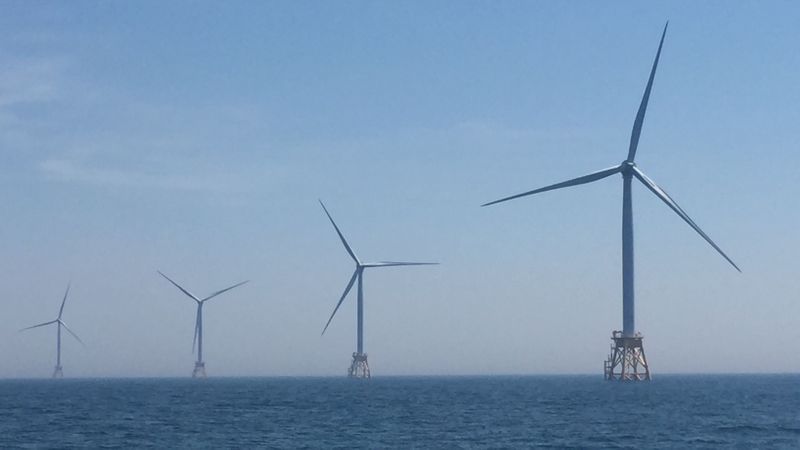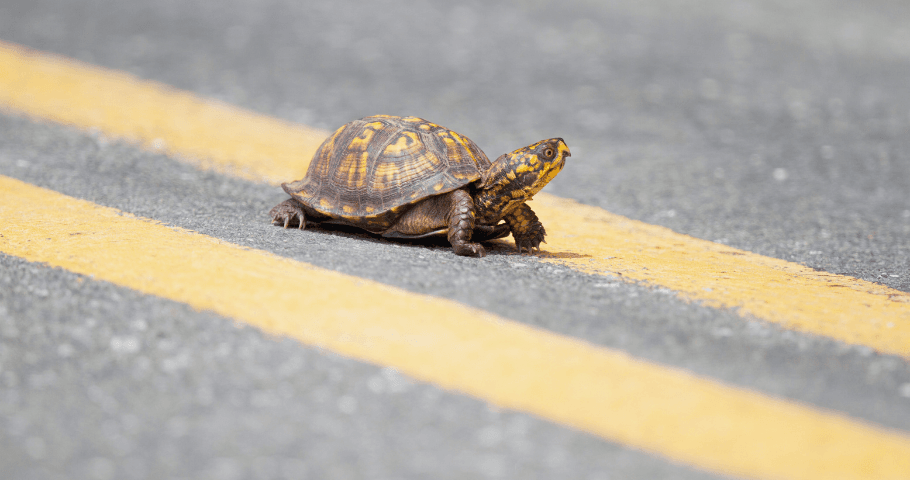
May 2020
The monthly Audubon Eagle Eye Advocacy Updates will provide you with simple actions you can take to help foster a cleaner, healthier planet along with local and national environmental news. Advocacy to protect birds and wildlife is a top Audubon priority and this work goes beyond testifying on their behalf on Smith Hill. Year round, we are working with our community partners and Rhode Island leaders to ensure the environment is a priority. These updates will keep you informed and ready to take action when the legislative session is upon us. As the newsletter continues, we are very interested in your suggestions and questions. Please send them to Audubon Senior Director of Policy Meg Kerr at mkerr@asri.org.
Sign up to get the Audubon Eagle Eye Advocacy Update in your inbox!
Actions You Can Take
Legislation During COVID-19
We hope you are all safe at home taking care of yourselves and your families. The uncertainty of these times means that our state leaders are focused on the pandemic. Please thank front line responders and our state leaders if you have a chance!
Although the legislature is not in session, the celebration of Earth Day on April 22nd illustrated that environmental issues have not been forgotten. In Governor Gina Raimondo's daily briefing, she mentioned Earth Day and DEM issued an Earth Day press release that included its strong support for the Act On Climate 2020 bill, Audubon's top legislative priority. The celebration of the 50th Earth day during a pandemic, reminds us of the need to keep working towards more climate change resilient communities - read the Environmental Council of RI (ECRI) op-ed.
We do not know when the legislature will reconvene. But when they do, the budget will certainly be a top priority and we continue to advocate for our top priority, the 2020 Beach, Clean Water and Green $64 Million Bond.
Climate change is still looming – what are we learning?
The COVID crisis has taught us that individual action DOES make a difference and it is even more powerful when we do it together.
Ask Sara: What can I realistically do about Climate Change?
Sara Peach, May 1, 2020; Yale Climate Connections
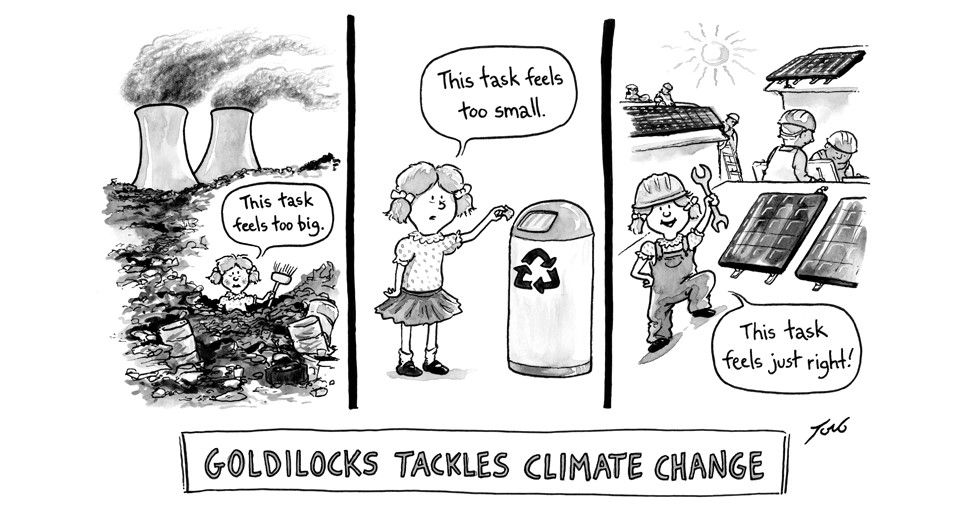
“The past few months have shown that people like you and me have an absolutely gobsmackingly critical role to play in confronting a crisis. Most of us are staying home if our jobs and family situations make that possible, trying to remain at least six feet apart from others when human interaction is unavoidable, wearing cloth masks, and washing our hands. It is isolating and frightening work, but billions of us are participating in this breathtaking moment of global solidarity. We can’t control the disease without it.
The pandemic has also highlighted another way of looking at the tired old argument about whether individuals, governments, or companies are most responsible for cleaning up a mess of planetary proportions.
I don’t know about you, but my social media feeds are full of women (and a few men) organizing mask sew-a-thons. My neighbors are sharing extra toilet paper rolls, tomato seedlings, and soup with each other. We’re swapping tips on how to lovingly bully our friends and family members into staying at home. A restaurant owner in my town even organized local restaurateurs and farmers to offer a three-times-a-week drive-through where residents can have meals and fresh produce loaded into their trunks.
In other words, we’re finding a middle path. We’re caring for one another not just through our individual behavior but at a community scale.
The same idea applies to the problem of climate change.”
The author encourages action at the community scale – getting involved with neighbors and with organizations like the Audubon Society of Rhode Island to advocate for actions to address climate change. We agree!
Offshore Wind and COVID-19
Offshore wind is a key component of Rhode Island’s clean energy future. The RI Office of Energy Resources reports regularly on how the state is progressing towards meeting the Governor’s goal of 1000 MW by 2020. Their estimates include 430 MW of offshore wind which is comprised of the fully operational 30 MW Block Island Wind Farm and the planned 400 MW Revolution Wind project under development by Ørsted.
Keep learning while you are home!
Learn about recycling here in Rhode Island by taking a virtual tour of the Resource Recovery Materials Recycling Facility: https://youtu.be/Jda_9_30-WU
Take an online webinar through the Xerces Society for Invertebrate Conservation, a great source for information about pollinator and beneficial insects: https://xerces.org/events/webinars

